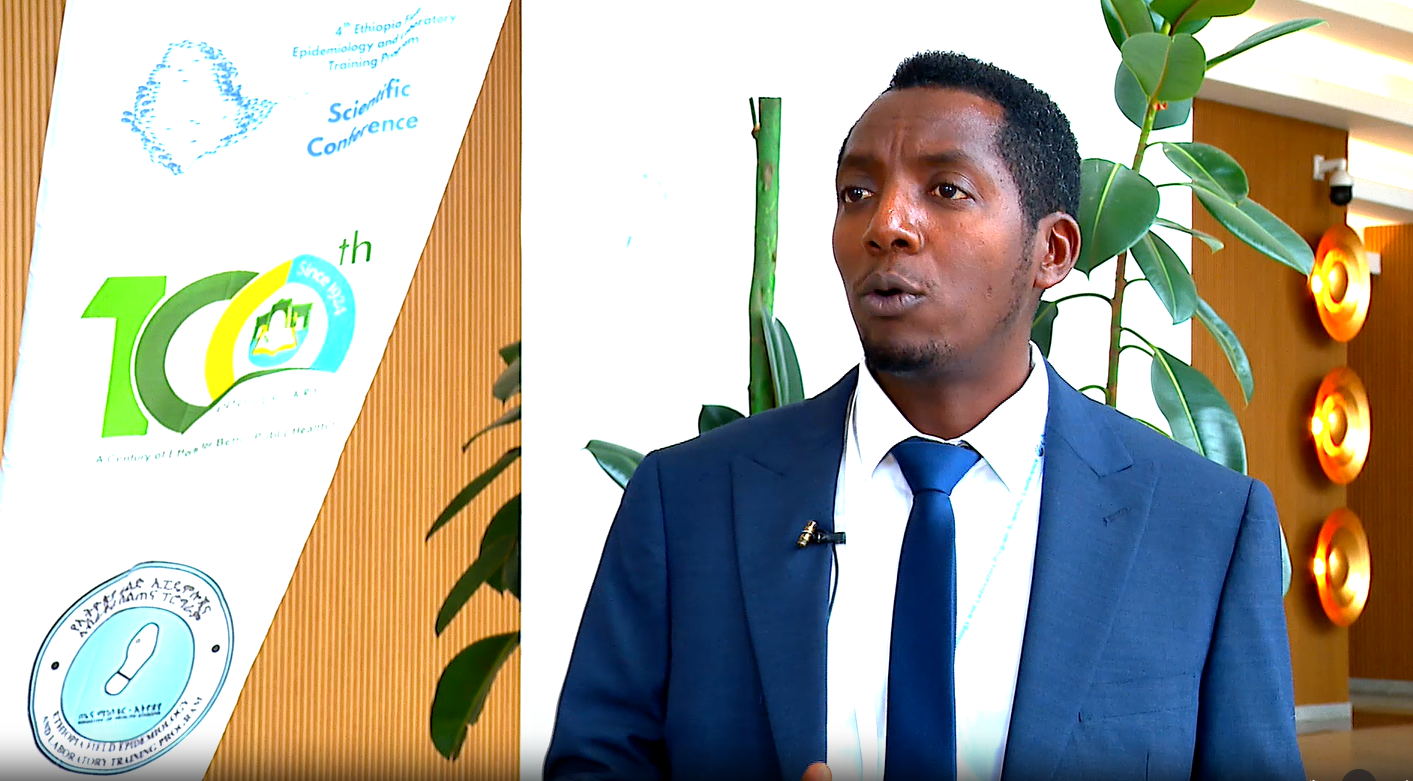Ethiopia’s FELTP Program: A Model for Global Public Health
Ethiopia has taken a significant step forward in the field of public health by developing and implementing its Field Epidemiology and Laboratory Training Program (FELTP). This initiative is being recognized as a successful model that is helping to build a resilient and well-equipped public health workforce. Assegid Samuel, the Program Executive Director, highlighted the importance of this program in strengthening Ethiopia’s ability to respond to health challenges.
The FELTP program has successfully trained over 800 field epidemiologists, bringing the country closer to meeting global health security workforce targets. The program is currently offered at eight universities and has received international accreditation, which underscores its credibility and effectiveness.
According to Assegid, the program plays a crucial role in preparing field epidemiologists to address emerging health threats, disease outbreaks, and public health emergencies. It ensures the development of a competent workforce that supports emergency surveillance, management, and response systems. Unlike many other countries where similar programs rely heavily on foreign donors, Ethiopia has taken full ownership of the FELTP, ensuring its stability even during times of financial uncertainty.
Team-Based Approach to Public Health Challenges
One of the key strengths of the FELTP is its emphasis on teamwork. This approach ensures that public health challenges are addressed holistically, with seamless integration among different health professionals. Assegid explained that most activities within the program are conducted in a team-based manner, making it impossible to isolate the roles of physicians, surgeons, or nurses. Instead, all professionals work together as a unified team to tackle complex health issues.
This collaborative environment fosters a more comprehensive understanding of public health problems and leads to more effective solutions. It also helps in building a culture of cooperation that is essential for managing large-scale health crises.
Government Commitment and Resources
The Ethiopian government’s commitment to the FELTP goes beyond mere words. Over 42 vehicles have been deployed to support practical training, and substantial financial resources are allocated for investigations, surveillance, and data analysis at both regional and national levels. These investments ensure that trainees receive hands-on experience and that the program remains functional and impactful.
Moreover, the FELTP has had a broader impact beyond workforce development. The program has contributed to over 4,000 research projects that inform policy decisions. These studies provide critical insights into public health trends and help shape evidence-based strategies for improving health outcomes.
A Model for Other Countries
Assegid emphasized that Ethiopia’s approach to the FELTP serves as a model for other countries. He pointed out that government ownership is one of the most important factors in ensuring the success of such programs. Without strong governmental support, it is challenging to maintain an adequate number of qualified professionals and address other related issues effectively.
The FELTP has also established strong links with international partners such as the Centers for Disease Control and Prevention (CDC) and the World Health Organization (WHO). These collaborations not only enhance the program’s quality but also contribute to regional and global health security. Ethiopia’s efforts in this area demonstrate how a well-structured public health program can have far-reaching benefits.
In conclusion, Ethiopia’s FELTP program stands as a testament to the power of local ownership, teamwork, and strategic investment in public health. Its success offers valuable lessons for other nations seeking to strengthen their own health systems and improve their capacity to respond to health emergencies.







